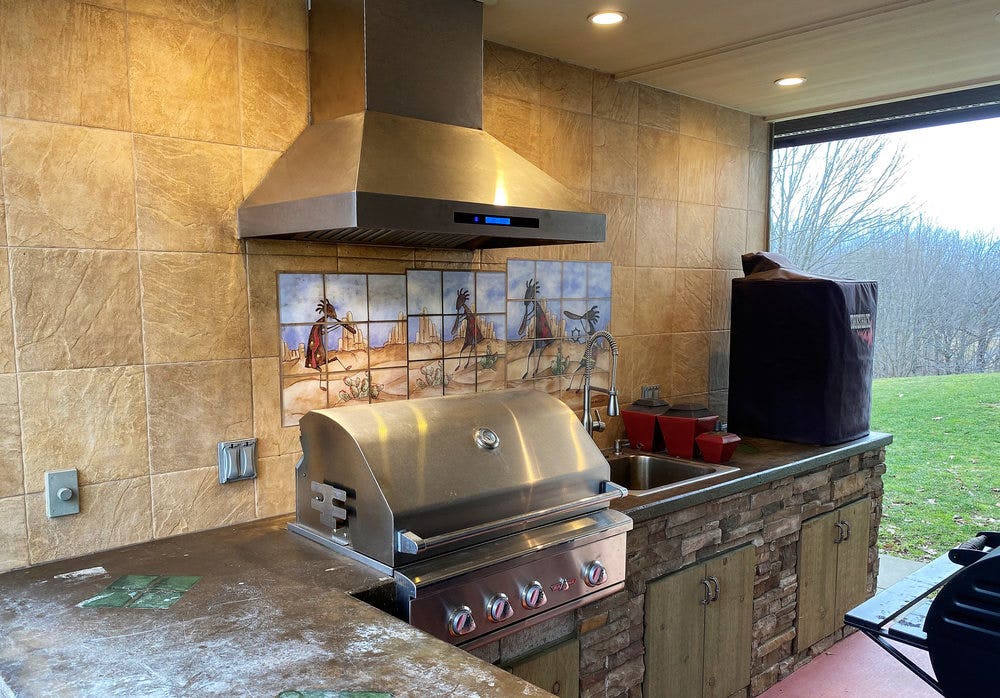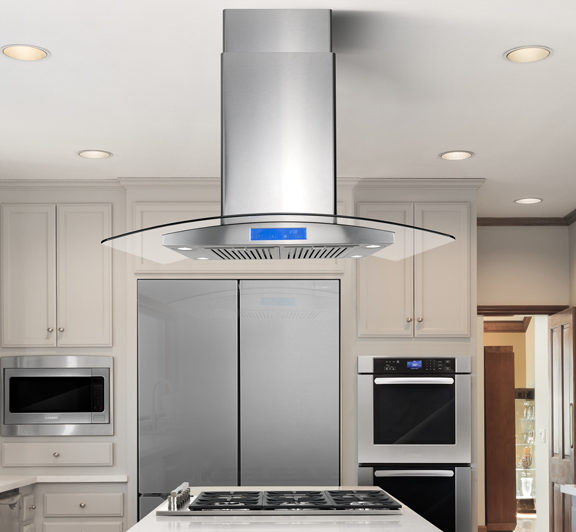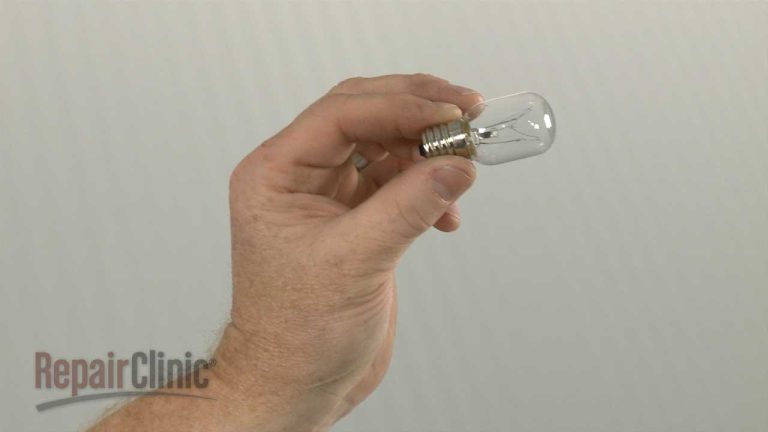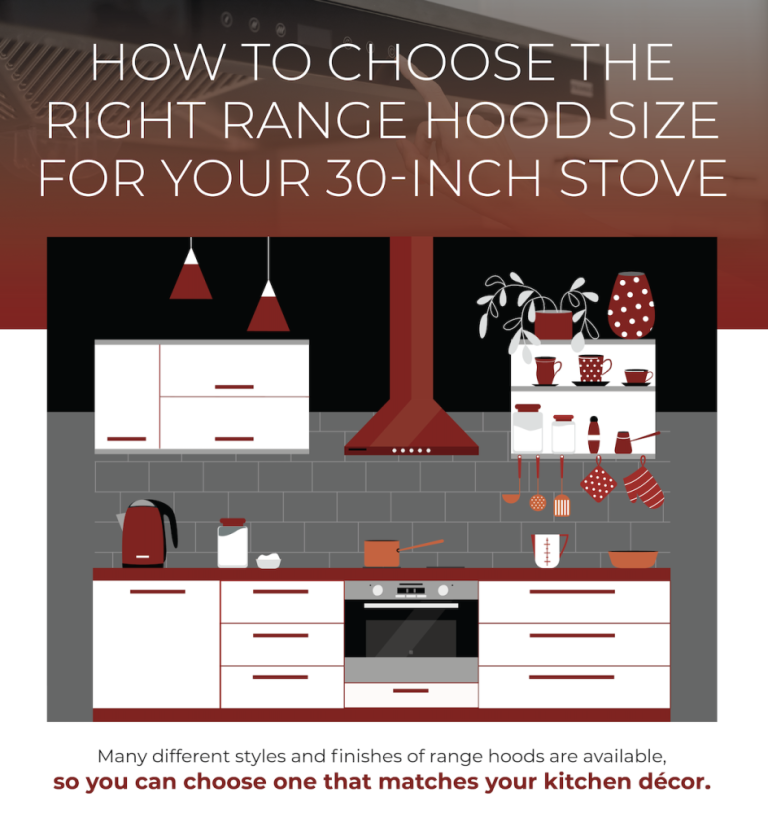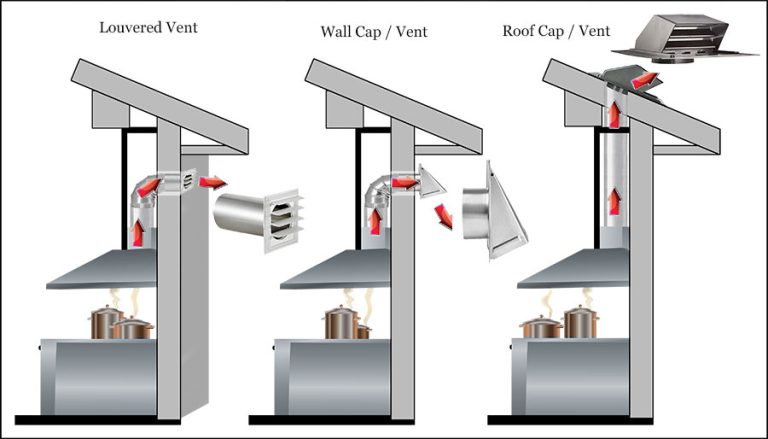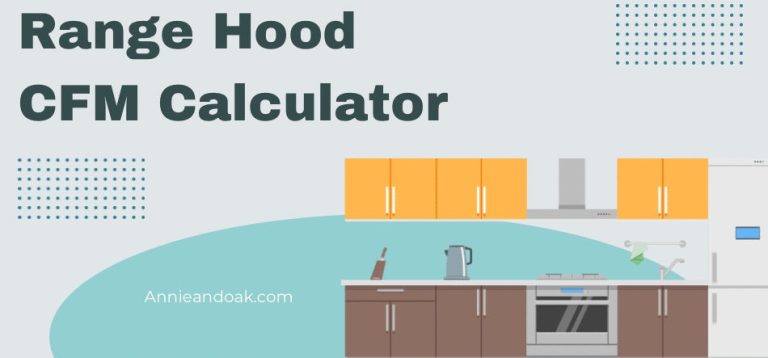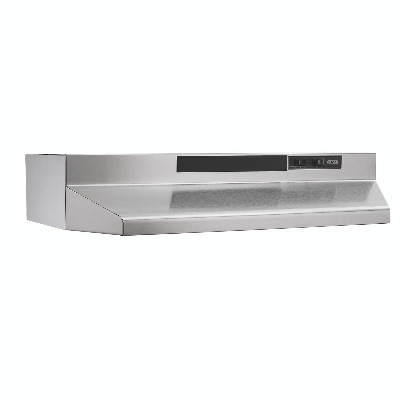A range hood is not explicitly required by code in Texas. However, local regulations and building codes may vary.
Range hoods play a crucial role in maintaining indoor air quality. They help remove smoke, odors, and grease generated during cooking. In Texas, building codes do not mandate range hoods in every kitchen. Yet, many local jurisdictions may have specific requirements.
Installing a range hood can enhance your kitchen’s ventilation and improve health. It also helps in maintaining cleanliness by reducing grease buildup on surfaces. Homeowners should check with local authorities for any specific regulations. A properly installed range hood can make your kitchen more comfortable and functional. Always consider professional installation for optimal performance and compliance.

Credit: www.worldcoppersmith.com
Texas Building Code Basics
Building codes keep structures safe and healthy. They set minimum standards for construction. These standards help prevent accidents. They also ensure buildings are strong and durable. Adhering to codes protects property values. It also ensures public safety.
Several agencies enforce building codes in Texas. The Texas Department of Licensing and Regulation (TDLR) is key. They oversee building safety and compliance. Another important body is the International Code Council (ICC). They provide the International Building Code (IBC). Local city and county governments also have rules. These may be stricter than state codes.
Range Hood Requirements
In Texas, a range hood is required for most homes. It helps to ventilate the kitchen. This is important for removing smoke and odors. A range hood is especially needed when cooking produces a lot of steam or grease. The building code in Texas specifies this.
Some homes may have exceptions. For example, homes with adequate ventilation might not need a range hood. If there is a window that can open, it might suffice. Special cases like tiny homes may have different rules. Always check the local regulations to be sure.
Types Of Range Hoods
Ducted range hoods vent air outside. They are very effective at removing smoke. Ductless range hoods use filters. They recirculate air back into the kitchen. They are easier to install but less powerful.
Range hoods have lights to brighten your cooking area. They also include fans to reduce heat and steam. Some models come with noise reduction technology. This makes cooking more pleasant. Filters in range hoods help trap grease. This keeps your kitchen cleaner. Regular cleaning of filters is necessary for best performance.

Credit: www.webstaurantstore.com
Installation Guidelines
A professional installer ensures the range hood meets Texas building codes. They know the local regulations and can make sure everything is done right. Hiring a professional can save you time and avoid costly mistakes. They also provide warranties for their work.
Installing a range hood yourself can be challenging. Make sure to follow the manufacturer’s instructions. You will need some basic tools and safety equipment. Always check the local code requirements before starting.
DIY installation can save money but may take longer. Ensure you have the right skills and knowledge. Otherwise, consider getting professional help.
Compliance And Inspections
Local building codes in Texas require range hoods in kitchens. These codes ensure safety and ventilation. Range hoods remove smoke, grease, and odors from the air. Proper installation is key to compliance. Permits are often needed for installations. Homeowners should check with local authorities. Hiring a licensed contractor can help. Contractors know the codes and can install correctly.
Inspectors often find issues with range hood installations. Incorrect venting is a frequent problem. Ducts should lead outside, not into attics. Another issue is improper mounting. Range hoods must be securely attached. Electrical connections should be up to code. Using the wrong type of duct can cause problems. Flexible ducts are often not allowed. Regular inspections can catch these issues early.
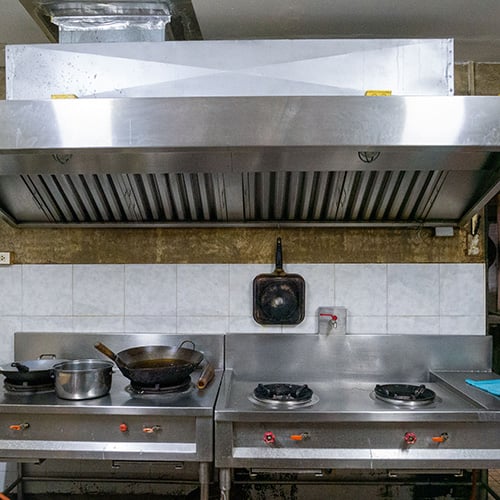
Credit: www.webstaurantstore.com
Costs And Budgeting
The cost of a range hood can vary. It depends on the type and brand. Installation costs can also add up. Ducted hoods are usually more expensive. Ductless hoods are often cheaper. Labor fees differ by location.
Some range hoods are more affordable. Look for discounts and sales. Basic models can be less pricey. DIY installation can save money. Used or refurbished hoods might be a good option. Online retailers sometimes offer deals.
Frequently Asked Questions
Is A Range Hood Mandatory In Texas?
In Texas, a range hood is typically required by building codes for proper ventilation. It ensures safety and air quality.
What Are The Benefits Of A Range Hood?
A range hood removes smoke, odors, and grease from your kitchen. It improves air quality and safety.
Are There Exceptions To Range Hood Requirements In Texas?
Yes, exceptions may exist for certain buildings and designs. Always check local building codes for specific guidelines.
How Does A Range Hood Improve Kitchen Safety?
A range hood reduces the risk of fire by removing grease and smoke. It also helps prevent indoor air pollution.
Conclusion
Understanding Texas range hood code requirements is crucial for home safety and compliance. Always check local regulations and consult professionals. Proper ventilation ensures a healthier living environment. Investing in the right range hood can enhance kitchen functionality. Stay informed and prioritize your home’s safety and comfort.
